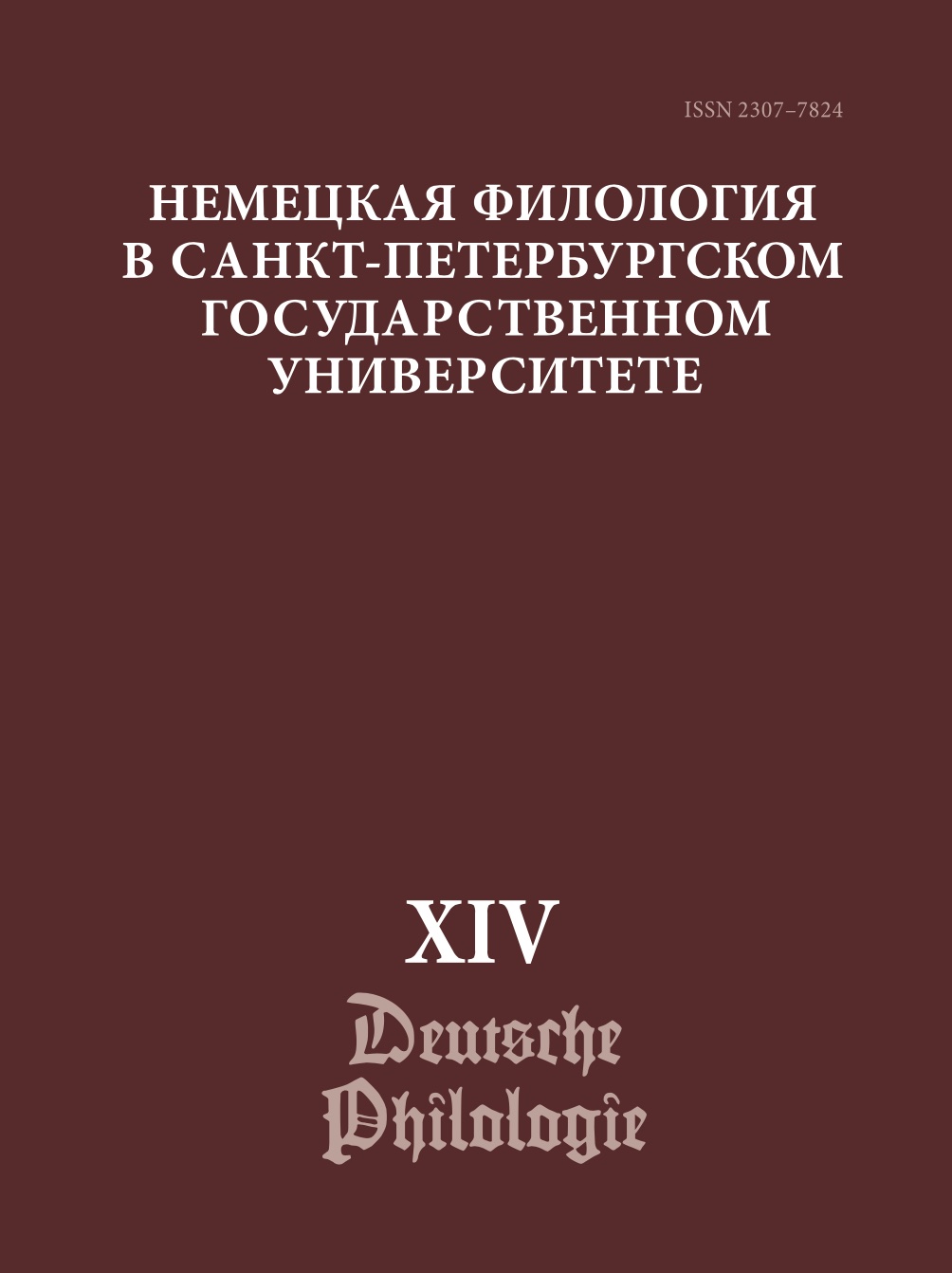MODALITY OF POSSIBILITY/NECESSITY AS A RELEVANT TEXTUAL CATEGORY OF LEGISLATIVE DISCOURSE
DOI:
https://doi.org/10.21638/spbu33.2024.118Abstract
This article is devoted to the consideration of the realization of the textual category of modality within the framework of legal discourse. The interdisciplinary nature of discursive research makes it possible to most fully identify certain patterns and features of the functioning of certain phenomena. The legislative discourse, which is the object of this study, is a subspecies of legal discourse, which is a source of legal norms, a medium for transmitting standard generally binding rules and algorithms of actions that properly regulate public relations. The analysis confirms the assumption that the legislative discourse is characterized by the modality of possibility/necessity as a relevant textual and discourse-forming, semantic-pragmatic category, which is expressed in the modal qualification of propositional relations (mental level) and state of affairs (denotative level) as possible or necessary from the point of view of the subject of the statement. The material was articles of the civil code and the law on combating violations of public order in Germany. The research methodology is presented by methods of contextual analysis, comparative analysis, as well as methods of extra- and intralinguistic interpretation of a special text. The modality of possibility/necessity performs an important text-forming function, structuring them when interacting with various textual categories, such as accentuation and temporality. Further study of the textual and discourse-forming role of the category of modality within the framework of legislative discourse from the point of view of various perspectives can contribute to a comprehensive understanding of the phenomenon of a legal text.
Keywords:
possibility/necessity, discourse, modality, locality, textual categories, accentuation, temporality
Downloads
References
Литература
References
Downloads
Published
How to Cite
Issue
Section
License
Условия передачи авторских прав на статьи и рецензии, опубликованные в ежегодном периодическом издании «Немецкая филология» регулируются условиями Лицензионного Договора автора с Санкт-Петербургским государственным университетом. В соответствии с Лицензионным Договором опубликованные материалы находятся в открытом доступе, а авторам бесплатно предоставляется неограниченные возможности их распространения и самостоятельного архивирования.




